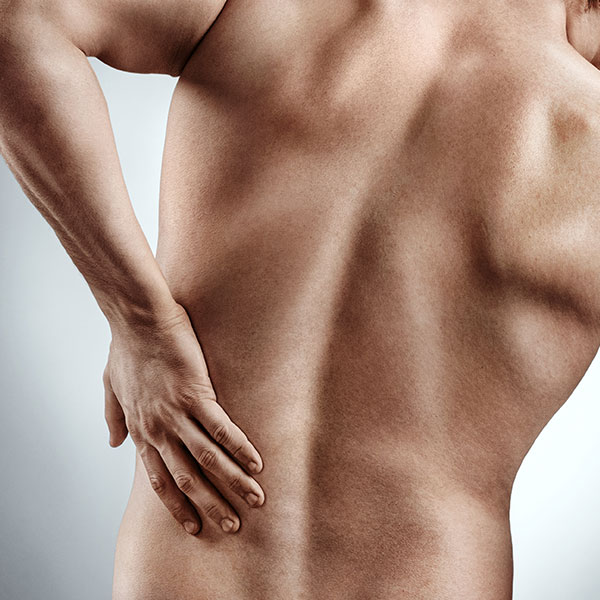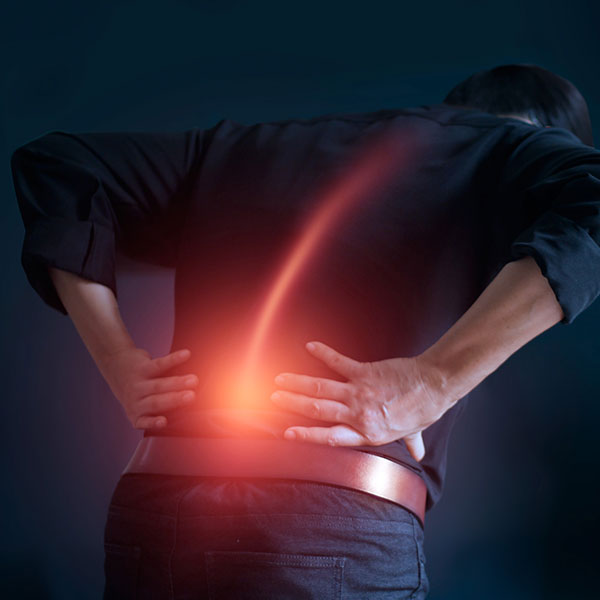What Are Spinal Compression Fractures
Spinal compression fractures are small breaks in the vertebrae—bones that make up the spine. They occur in the thick, rounded part of the vertebra (called the “body”) and are most common in the thoracic (middle) spine.
Learn more about the signs and symptoms of spinal compression fractures, along with preventative steps, and the treatments we offer to help get you back to normal life.
What Are Spinal Compression Fractures
Spinal compression fractures are small breaks in the vertebrae—bones that make up the spine. They occur in the thick, rounded part of the vertebra (called the “body”) and are most common in the thoracic (middle) spine.
Learn more about the signs and symptoms of spinal compression fractures, along with preventative steps, and the treatments we offer to help get you back to normal life.
Causes Of Spinal Compression Fractures
These small fractures are usually caused by osteoporosis and can lead to pain, reduced movement, or a hunched-over appearance. Because osteoporosis, the underlying condition that leads to many spinal compression fractures, is common among women over 50, compression fractures are also more common among older women than other groups.


Signs & Symptoms Of Spinal Compression Fractures
The following signs and symptoms may indicate a spinal compression fracture:
- Back pain, especially with slight back strain
- Pain that worsens upon standing or walking with some relief when lying down
- Tingling or numbness in the back, possibly caused by a pinched nerve or nerve damage
- Reduced mobility or difficulty bending or twisting
- Loss of height
- Hunched-over appearance or a curved or stooped shape to your spine (also called kyphosis)
Imaging tests such as X-rays, CT, or MRI scans can be used to confirm vertebral fractures.
Prevention Of Spinal Compression Fractures
Dietary and lifestyle changes can help reduce the risk of osteoporosis and spinal compression fractures:
- Consume plenty of vitamin D and calcium
- Stop smoking or using tobacco
- Avoid excessive alcohol consumption
- Get regular exercise, including increasing weight-bearing and muscle-strengthening activity
If you’re over 50, talk to your doctor about having a bone density test or starting medication to slow bone loss that occurs with aging. Seek medical help if you have sudden back pain.
